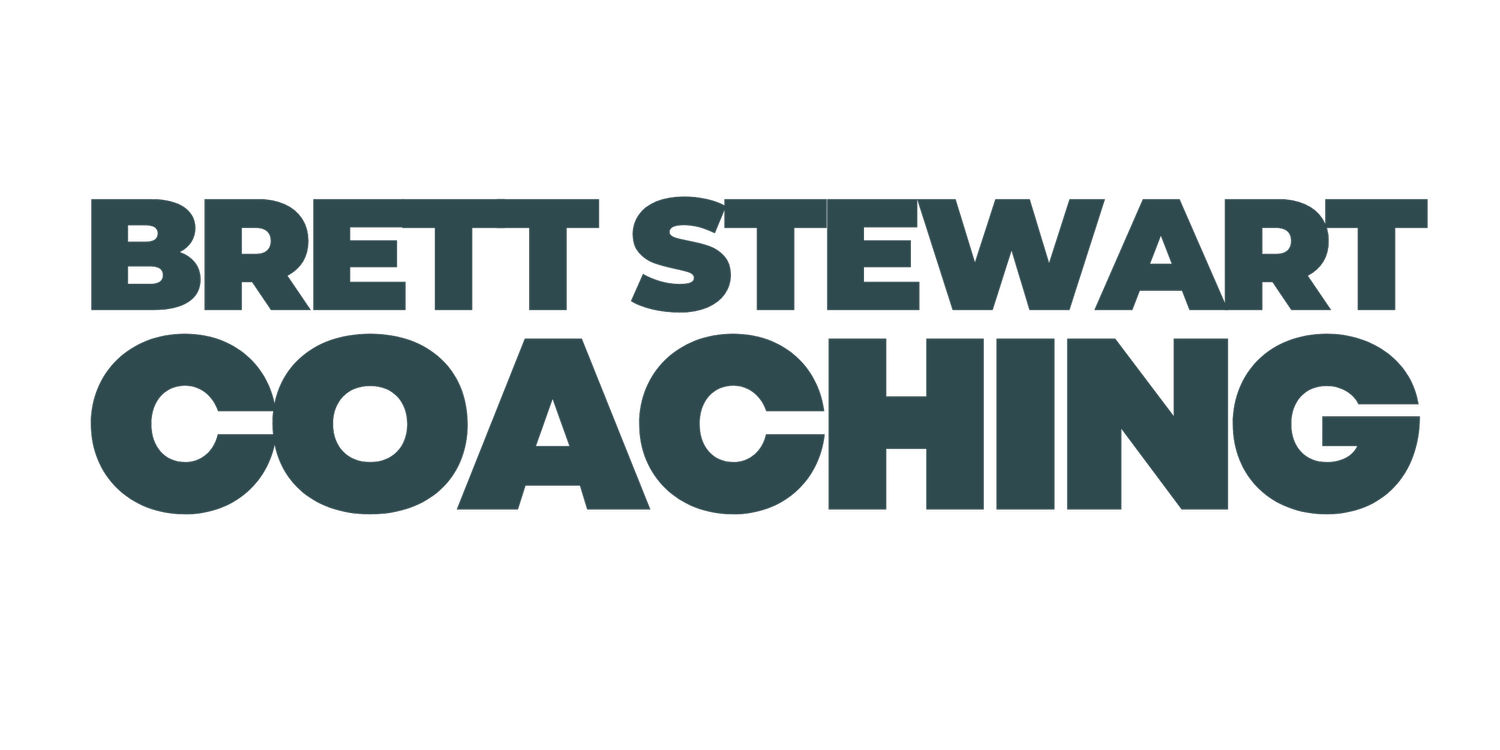On November 7, 1998, the unranked Michigan State football team beat #1 ranked Ohio State 28-24, and legend has it “The Process” was born that day. The Michigan State coach was Nick Saban, the greatest college football coach of all time who recently retired. Saban is an intensely competitive guy who’s often quoted as saying he likes to win, but hates losing more. While we might admire that competitive nature, it had become Saban’s enemy in 1998. At 5-4 on the year his team was under-performing, causing him anxiety that was hindering his ability to coach them out of the slump. So, when he walked on the field that day, he told his team not to look at the scoreboard and not to think about the outcome of the game, but instead to focus only on winning the next play. And one play at a time, they pulled off the upset.
The Process, as Saban’s coaching style came to be called, has 2 components:
A fanatical focus on system-based preparation: the belief that implementing a proven system to strengthen the foundational aspects of the team (offense, defense, special teams, conditioning, etc.) outperforms technique, trickery, or reliance on a few superstar athletes.
The win-the-next-play mentality: the realization that in an uncertain environment, all you can control is your next step, so it deserves your full focus.
Your business, whether it’s performing well or not, is no different than Saban’s teams. The only way to prosper in the long run is to strengthen the key components of the organization, which is exactly what we do when we implement EOS™. And if you’re an entrepreneur, you live in a very uncertain world, so you better learn how to “win the next play.”
I have two questions for you:
What component of your business most needs to be strengthened? Take a look at the EOS Model, identify your target, and get started. Don’t overthink it; just get started.
What issue, obstacle, or opportunity are you stuck on (it might be addressing the component identified in question #1)? What is the first small step you can take to get started? What is a smaller step? Do that, and then worry about the next step. You’ll be surprised how quickly the right moves reveal themselves.
If you’re feeling the tension between the long game of strengthening your key components and the short game of focusing only on the next step, you’re on the right path. If you want help navigating that path, give me a call.
